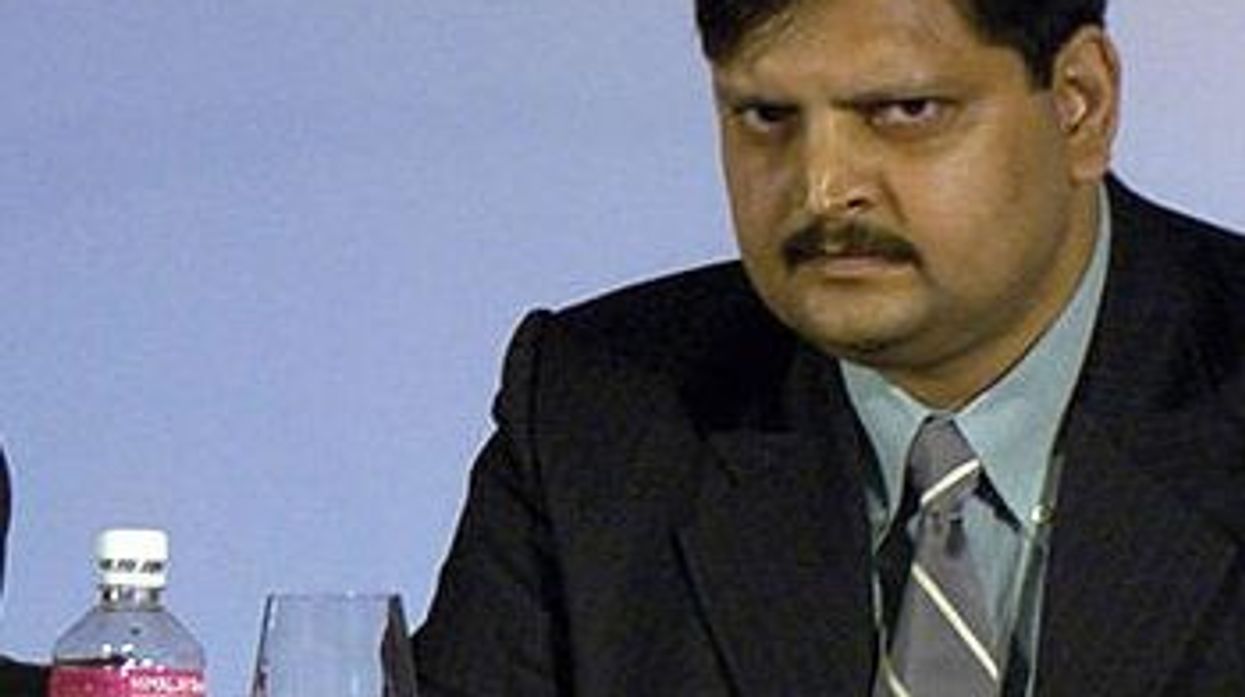THE prosecuting authorities in South Africa have filed applications to the International Criminal Police Organization to assist with the execution of arrest warrants for former president Jacob Zuma's allies, the Guptas.
Wanted for fraud and money laundering, Rajesh and Atul Gupta, their wives and a handful of their business associates face charges in connection with a $1.7 million government contract paid to a Gupta-linked company Nulane Investments, to conduct a feasibility study for a state agricultural project.
The money was allegedly laundered and distributed through a scheme of transactions into and through different bank accounts of the company.
Additionally, the National Prosecuting Authority's (NPA) spokeswoman Sindisiwe Seboka in a statement said investigations revealed that Nulane "had no employees on its books", but had subcontracted the work to another firm, Deloitte.
"The NPA is applying to Interpol to assist with the execution of arrest warrants in respect Atul Gupta and his wife, Chetali, Rajesh Gupta and his wife, Arti," said the Investigating Directorate head, Advocate Hermione Cronje.
Four others were officially charged at the Bloemfontein Magistrates' court later this week.
Prosecutors announced they would proceed separately against the accused currently in the country and those abroad, "as the process of arrest and extradition may unduly delay the trial".
The wealthy Gupta family headed by three brothers -- Ajay, Atul and Rajesh, has been accused of vast corrupt dealings with former president Zuma and receiving favourable government contracts.
The brothers are at the centre of a 2016 graft report by South Africa's anti-corruption watchdog, which claims they paid bribes to influence ministerial appointments and plunder state organs.
They fled South Africa shortly after a judicial commission tasked with investigating allegations of fraud known as "state capture" started in 2018, and their whereabouts are unknown.





